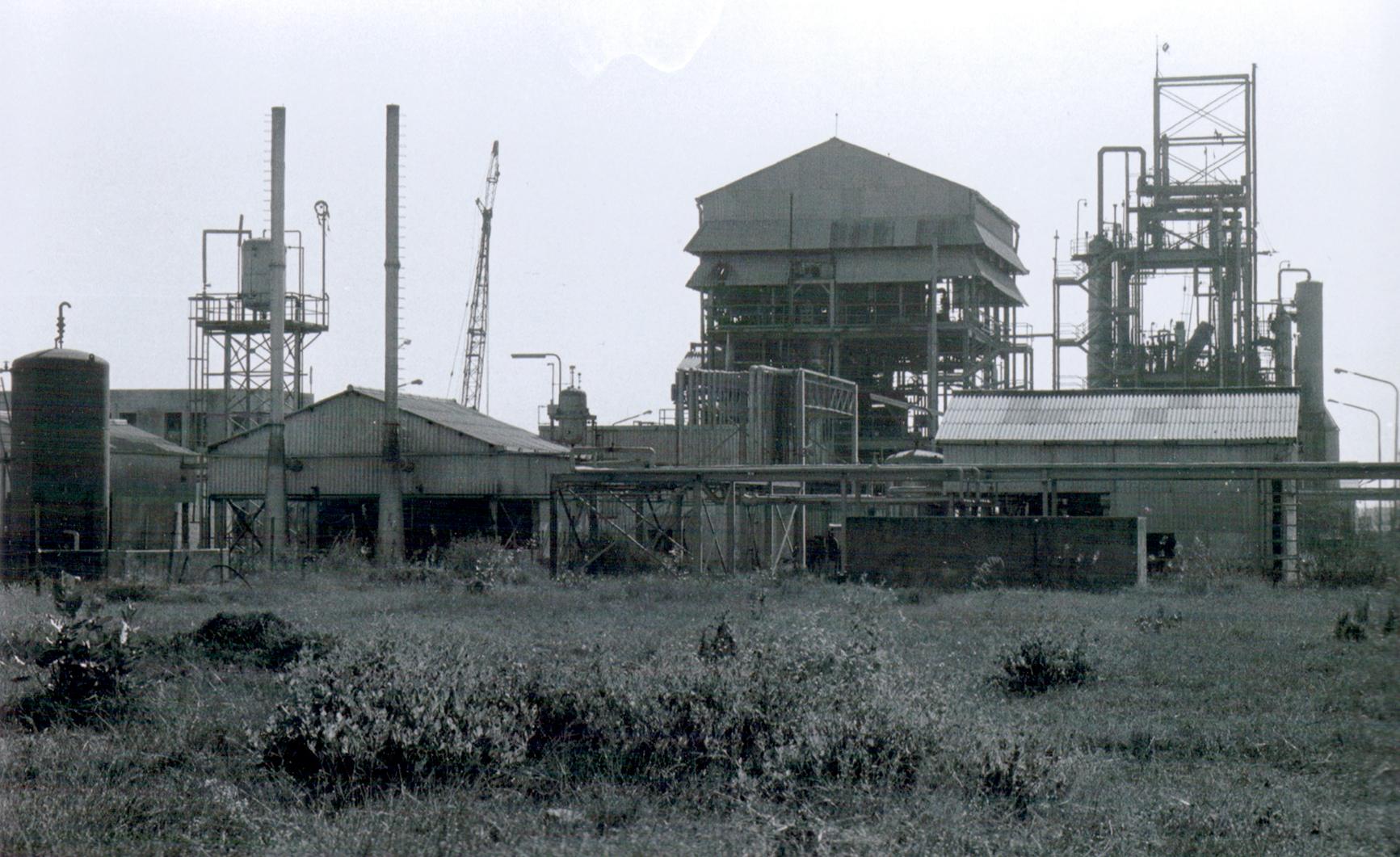The Bhopal Gas Tragedy is one of the most devastating industrial disasters in history. It occurred on the night of December 2-3, 1984, at the Union Carbide India Limited (UCIL) pesticide plant in Bhopal, Madhya Pradesh. A deadly gas called methyl isocyanate (MIC) leaked from the plant, exposing thousands of people to toxic fumes while they slept.
The effects were catastrophic. Over 5,000 people were estimated to have died, and hundreds of thousands suffered from severe health problems—respiratory issues, blindness, skin diseases, and even birth defects in later generations. The tragedy also caused long-lasting environmental damage, contaminating soil and groundwater in the area.
What made the incident worse was the lack of safety measures and poor emergency response. The plant had faulty equipment, inadequate maintenance, and failed warning systems. After the disaster, there was widespread criticism of the company’s negligence and the slow legal process in delivering justice and compensation to the victims.
Even today, many survivors continue to suffer, and the site remains polluted. The Bhopal Gas Tragedy is not just a painful memory—it is a powerful reminder of the need for corporate responsibility, environmental safety, and strict industrial regulation to protect human lives and communities.

